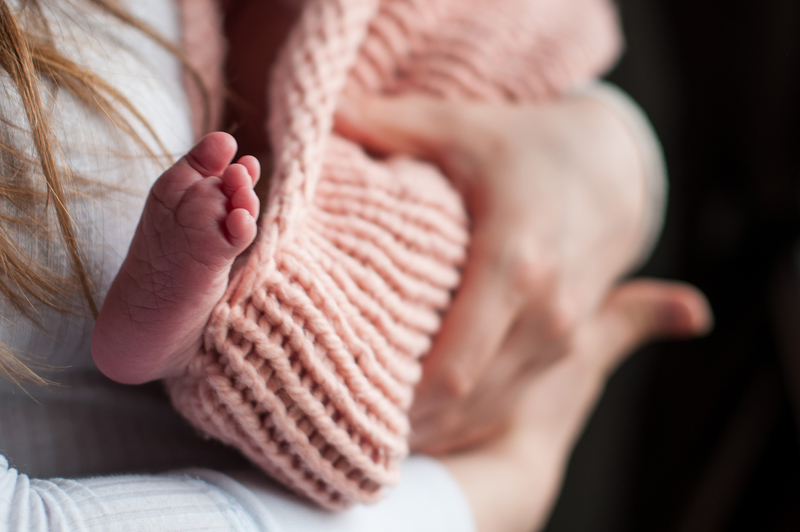Benefits of breastfeeding can last a lifetime
29 May 2019 | Story Supplied. Photo John Mayer, Flickr. Read time 4 min.
Mothers can transfer lifelong protection against infection to their infants by breastfeeding, says a new study by an international team of scientists led by researchers at the University of Cape Town (UCT).
Previously it was thought that immunity against illness is passed from mothers to infants only during the time they are breastfed, this protection ending when breastfeeding stops. It was also thought that this immunity was transferred by a mother’s proteins such as antibodies that are used by the immune system to neutralise bacteria and viruses.
However, research by scientists published today in Science Advances has found that the transfer of immunity can be long-term, beyond the period of breastfeeding. The study also showed that this protection is driven by the transfer of immune cells and is completely independent of antibodies.
Lifelong protection
The research found that infant mice breastfed by a mother with a worm infection before getting pregnant acquired lifelong protection against this ailment.
Unexpectedly, this effect was passed on to the infants by cells in the mother’s milk and not by proteins such as antibodies. These transferred cells provided protection from worm infection throughout the infant’s body.
This work shows that mothers exposed – even before pregnancy – to a globally prevalent source of infection provide long-term breastfeeding-acquired immunity to infection in infants.
“Immune transfer from mother to infant via breastfeeding is a very important source of protection from early life infection.”
Lead and corresponding author Dr William Horsnell, of UCT’s Institute of Infectious Disease and Molecular Medicine and the Division of Immunology, said: “Immune transfer from mother to infant via breastfeeding is a very important source of protection from early life infection.
“To the best of our knowledge this is the first demonstration that infection prior to pregnancy can transfer lifelong cellular immunity to infants.
“The work shows that exposure to an infection before pregnancy can lead to a mother transferring long-term immune benefits to her offspring. This is remarkable and adds a new dimension to our understanding of how a mother can influence our health.”
Vaccine strategies
Adam Cunningham, professor of Functional Immunity at the University of Birmingham (UK) and co-director of the BactiVac Network, which aims to accelerate the development of bacterial vaccines in a bid to prevent infections, added: “We are particularly interested in how these findings may help to design maternal vaccine strategies that provide longer-term protection to children.
“This work shows that maternal exposure to an infection can permanently alter offspring immunity. Currently vaccination of mothers to protect infants against infection is very important in boosting protection from infection to newborns, however this protection is considered to be transient.
“Our work shows that this effect can also be permanent. This could lead to the design of new vaccines to be given to a mother to transfer long-term immunity to her children.”
Professor Kai-Michael Toellner, also of the University of Birmingham’s Institute of Immunology and Immunotherapy, added: “We hope this research will lead to human investigations into how maternal exposure to pathogens prior to pregnancy can influence infant health.”
The research was carried out in collaboration with the University of Liège in Belgium, University of Cardiff in the UK, University of Washington in the US, University of Mainz in Germany, the International Centre for Genetic Engineering and Biotechnology in South Africa and the South African Medical Research Council. It was funded by Marie Skłodowska-Curie, the National Research Foundation (South Africa), and the University of Cape Town.
- Darby et al (2019). ‘Pre-conception maternal helminth infection transfers via nursing long lasting cellular immunity against helminths to offspring’. Science Advances.
 This work is licensed under a Creative Commons Attribution-NoDerivatives 4.0 International License.
This work is licensed under a Creative Commons Attribution-NoDerivatives 4.0 International License.
Please view the republishing articles page for more information.










